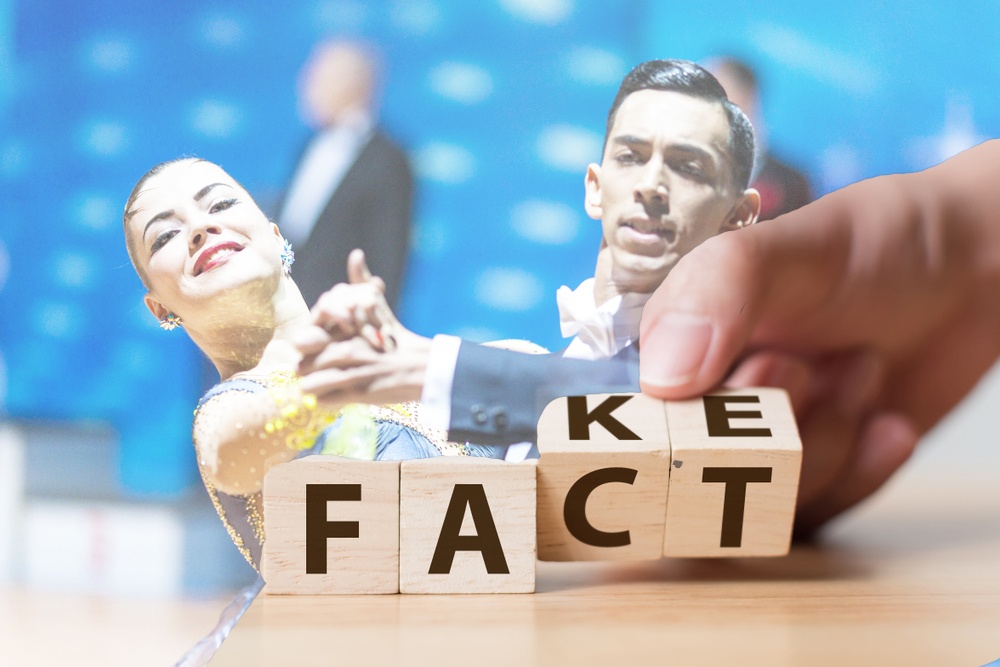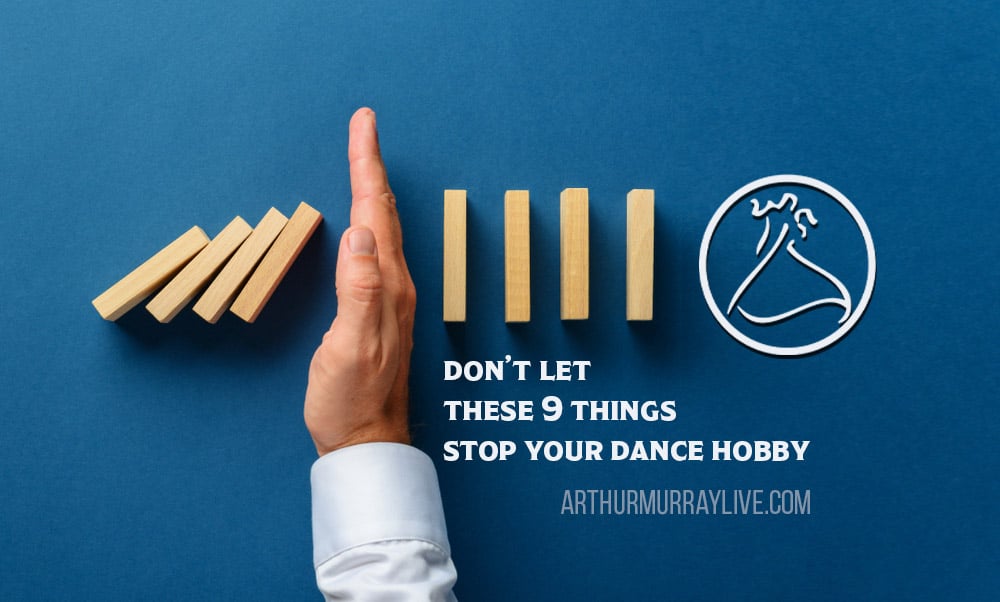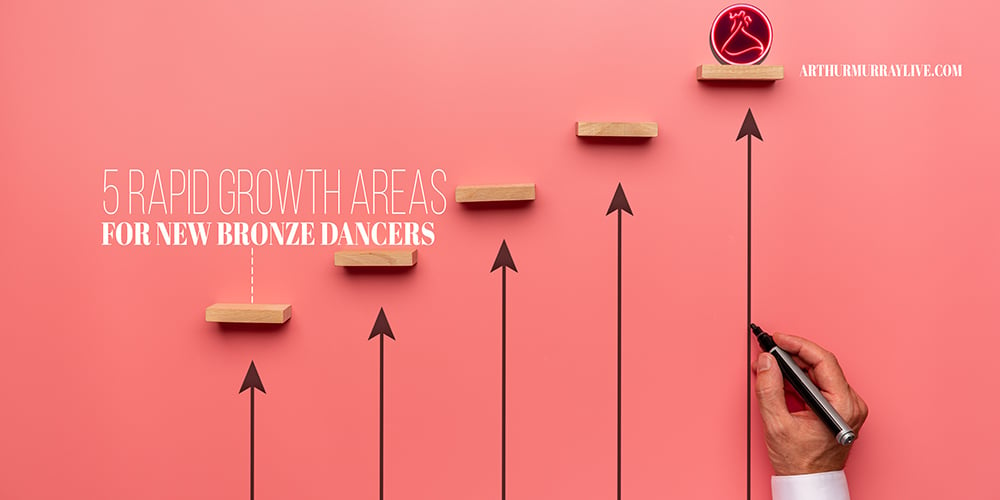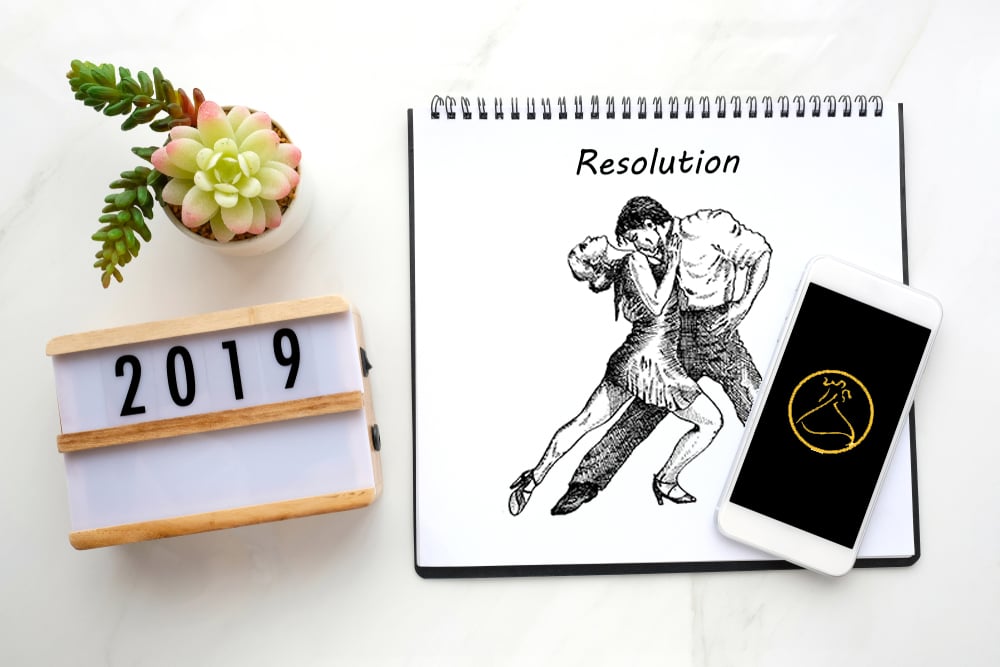 11 Truths About a Ballroom Dancing Hobby
11 Truths About a Ballroom Dancing Hobby
There are some hobbies that are pretty clear cut, straight forward, and wouldn't be that difficult to weave into a conversation. You know, like axe throwing, bocce ball, or your garden variety bonsai tree trimming.
But not ballroom dancing.
Sure, it may describe a style of dancing. It may also immediately invoke certain images of what this type of dancing seems to be about, but, chances are, that image, and the mental description to follow, is way, way off.
That is, unless you're a ballroom dancer already.
So treat this as a quick reference guide for anyone interested in knowing why this hobby is much more than what a non-dancing brain assumes it is.
1. This is Not (Necessarily) Your Grandparent's Hobby
There was a time when "Ballroom" was widely considered as a pastime for retirees. Today, nothing could be further from the truth.
2. Ballroom Doesn't Just Mean Waltz
"Ballroom Dancing" is an umbrella term - it covers a wide variety of styles and subsets, no different from hobbies like Horseback Riding or Cards - there are plenty of variations underneath the general term.
Ballroom Dancing is a synonym for partner dancing and social dancing. It does include dances like the Waltz, Tango, and Foxtrot, but also Latin/Nightclub dances like Argentine Tango, Bachata, Salsa, and Cha-Cha.
3. Okay so... It's Kind of Like Dancing with the Stars, but...
Okay, so picture DWTS, but tamer, and with more clothes on. Yeah, sure, not as fun, but definitely a little more versatile from a social perspective.
4. Blending In is Optional
There are plenty of dance students who want nothing more than to just survive a social dance situation. Performance is not their thing, forget about the images and ideas of spray tan, rhinestones, or stretchy clothes.
Then there are those that love the idea of the glitz and glamour of ballroom dancing.
Fortunately, just like any academic institution, the students are all there with different goals and objectives, but share a common interest and studio.
5. It's Kind of Perfect for...
Weddings, First Dance, Father/Daughter Dance, Money Dance, Reception, High School Reunions, Nightclubs, Supper Clubs, Country Clubs, Country Bars, Bar-Bars, Dive Bars, Karaoke Bars that specialize in 80's music.
Every music festival, big and small, or just a quiet moment in your kitchen, ballroom dancing has got you covered.
6. All Ages
Regardless of what you may have seen in movies, or transposed from similar hobbies (we're looking right at you ballet), there is no age cutoff for ballroom. In fact, many former ballet, tap, and jazz dancers rediscover their passion for dancing through ballroom.
6a. Yes, Even Kids
We have students that begin as young as 5 and others that pick it up through middle and high school as a way to build a lifelong skill, build confidence, and make those school dances a lot less weird.
7. Mental Benefits
Your brain is a muscle and doing the same thing every day isn't making it any stronger. Enter your favorite new hobby - ta da - ballroom! Research showed that ballroom dancing was the most productive activity to improve brain health.
Why?
Because your body is doing something active, dynamic, and creative all while your brain is juggling computations for navigating the room, maintaining a conversation, and processing the music input.
Talk about a brain workout.
8. Physical Benefits
Can't say this enough. Every Arthur Murray dance studio has at least one student who has lost 50 pounds or more doing this hobby. In some cases, students have lost over 100 pounds.
Why?
Because your good old brain does not associate the fun you're having while dancing with a workout. It's an undercover workout. Can't say the same thing for that shnazzy treadmill can you?
9. Social Benefits
Everyone is in need of a community upgrade. We live in an age where we are in a constant state of work, connected to "friends" we rarely ever see or talk to, and neighbors who are ust a shade above strangers.
Ballroom dancing creates a real social community that dusts off the good old fashioned social etiquette where greetings were verbal and include a handshake or hug. It takes them several steps further by adding the elite skill of a dance invitation.
Lastly, each studio is a composite of a diverse cross-section of life. People of all age groups, occupations, and backgrounds brought together through dancing, and adding contrast and depth to both your social skills and social circle.
10. Personal Achievement
Maybe this is the year, the month, the week, or the day where you've finally decided that life is too short to avoid potentially great things in life and in order to acquire these things, you just have to lean into the fear.
No great job is accomplished by avoiding the work and there is no great victory without a worthy opponent - well fear is your opponent. In particular, that voice in your head that has told you for far too long that dancing isn't one of your available personal fulfillment options.
11. Far Reaching Effects
Like any great friendship, conversation, or story - some of the best things reveal themselves over time. Your initial reason for learning to dance may be something as simple as "I've always wanted to learn how to Salsa" but that doesn't mean it can't extend far beyond that.
Think of this hobby as an elaborate chain of dominoes - the decision to learn topples the first one, and each successive domino reveals a new benefit, perk, and realization about that initial decision.
Final Thought
Think of features and benefits like a birthday party. There are some that you plan for, the obvious ones, you can practically put them on a calendar and pass out invitations.
Then there are others that are more like a surprise party. The size, scale, and details of the benefits are a mystery. They are unexpected, memorable, and make you hyper aware of more feature and benefit surprises in the future.
So maybe you entered your dance hobby with some expected benefits, like dance moves, but chances are, you're continuing because those dance skills unlocked a string of surprise party worthy benefits.
















